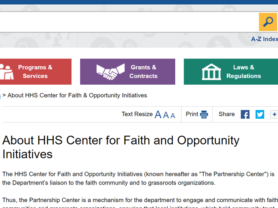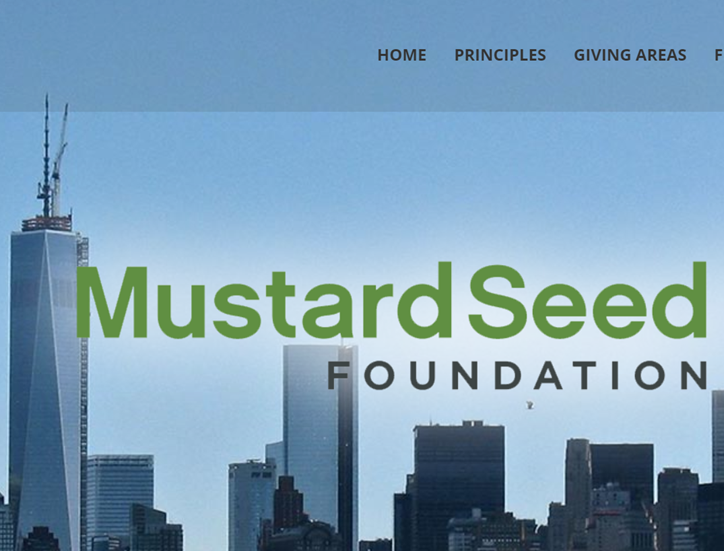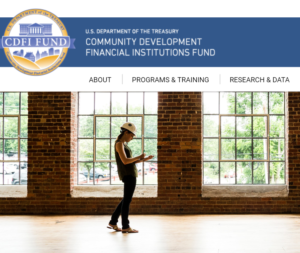FAITH-BASED RESOURCES AND GRANTS
PURPOSE
PLEASE WATCH THIS VIDEO BEFORE GETTING STARTED
The Chatlos Foundation
Starting an After School Program
There’s no definitive approach to starting an afterschool program; each community is different and the process varies depending on where you are and what type of program you plan to create. Still, there are several common resources that every program can use—we’ve collected a set of resources and tools for anyone starting a quality afterschool program.

Community Facilities Direct Loan & Grant Program
- Community support services such as child care centers, community centers, fairgrounds or transitional housing
- Educational services such as museums, libraries or private schools
- Local food systems such as community gardens, food pantries, community kitchens, food banks, food hubs or greenhouses
Community Food Projects (CFP) Grants Program
HHS Faith-based Grants Information
The HHS Center for Faith and Opportunity Initiatives does not administer grants from their office. However, they can provide resources to connect faith-based and community organizations to grant information. Announcements about upcoming grants and resources can be found at the websites of other HHS departments and federal agencies. To review federal grant opportunities and see which grants may be promising for your faith-based or neighborhood organization, visit www.Grants.gov. Get information for writing grants here:
The Mustard Seed Foundation
Grants for Food Banks, Hunger, Nutrition






